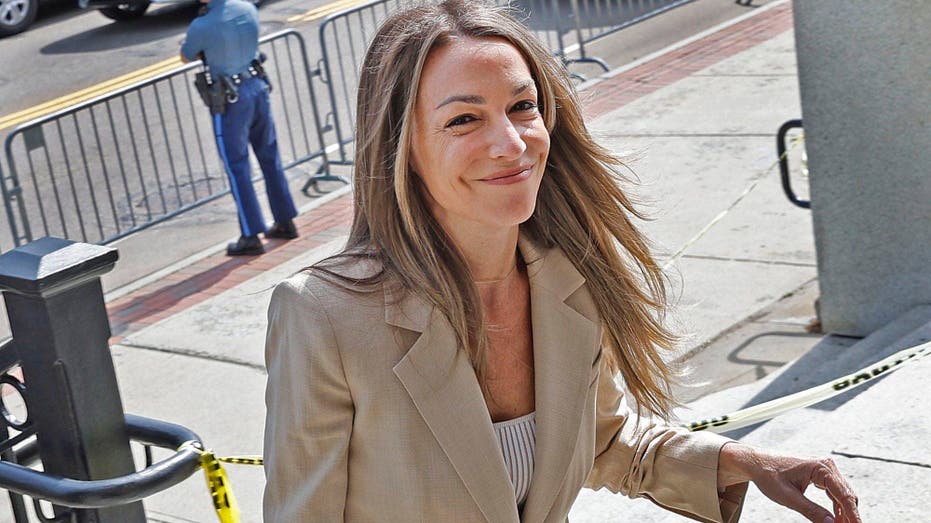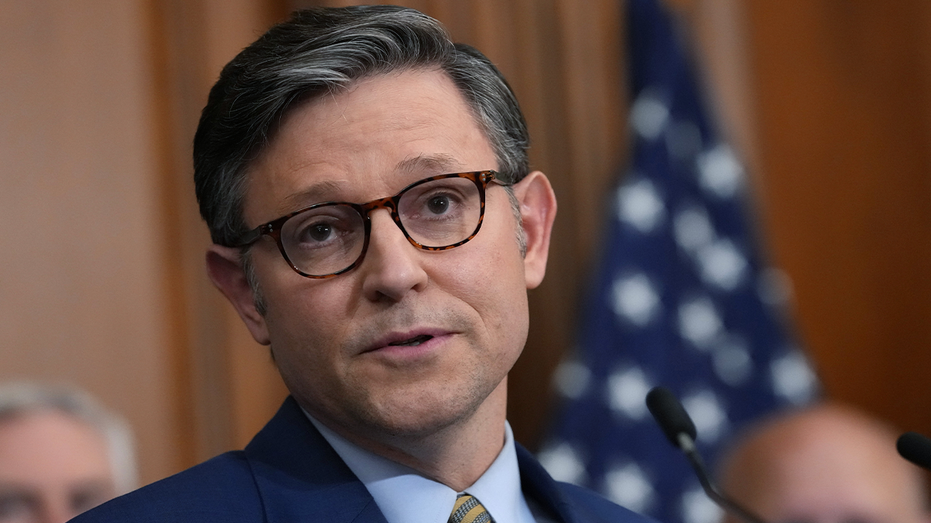Youth Sports Culture 2024: Exploring the Positive, Negative, and Toxic Aspects
Growing concerns over toxic behavior in youth sports prompt calls for positive coaching and a focus on character-building over winning.

On soccer fields, baseball diamonds, and hockey rinks across the country, youth sports have long been recognized as an opportunity for children to learn teamwork, discipline, and perseverance. But lately, concerns are growing about the increasing prevalence of toxic behavior from coaches and parents, with many experts warning that the pressure placed on young athletes can be harmful both on and off the field.
James Lowe, better known to many as Coach Ballgame and a recognized Play Ball ambassador with Major League Baseball, is advocating for a change in how adults approach youth athletics. “If we focus on building character instead of just winning games,” Lowe says, “we can transform the entire experience for kids.” He emphasizes that positive coaching techniques—such as encouragement, patience, and respect—can have lasting impacts on a child’s confidence and love for the game.
Episodes of public outbursts from the sidelines make headlines and surface regularly in viral videos, shining a harsh spotlight on the darker side of youth sports. “It’s easy to get caught up in the heat of competition,” Lowe admits, “but sideline yelling and over-involvement often do more harm than good.” According to him, when adults model calmness and sportsmanship, children are more likely to develop healthy coping mechanisms and a genuine passion for the sport.
Lowe’s approach draws on his experiences as both a former athlete and a coach. In his book, Coach Ballgame, he lays out strategies to help families and coaches reframe what success looks like in youth sports. “It’s not just about the scoreboard,” he insists. “It’s about the positive memories, the friendships made, and the life lessons learned.”
As communities look to address these issues, more programs are seeking to implement positive coaching frameworks, train parents and volunteers, and educate all participants about the importance of a supportive environment. Advocates argue that by prioritizing the well-being of young athletes, sports can fulfill their promise of being a foundation for lifelong physical, mental, and emotional growth.




